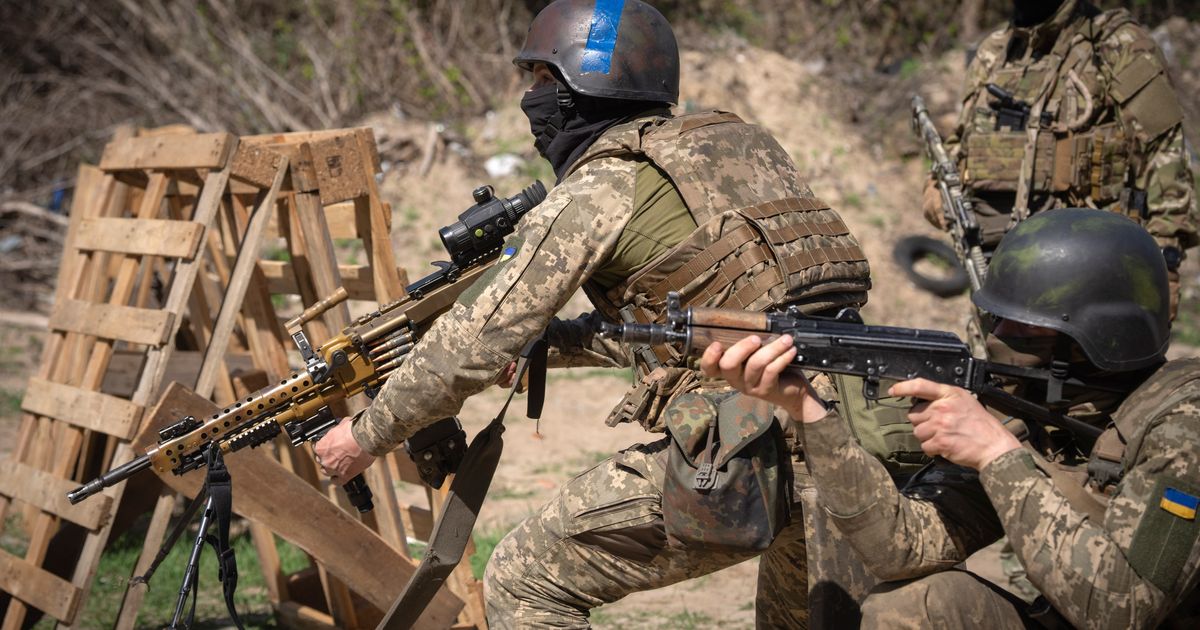Ukraine’s parliament recently passed a significant law governing conscription, a process delayed for months and fraught with controversy due to its expected unpopularity. The legislation was prompted by a military request to mobilize additional troops, driven by the ongoing conflict with Russia. Exhausted soldiers, lacking rotation opportunities, faced prolonged front-line duty amid widespread draft evasion.
Against the backdrop of escalating Russian attacks devastating Ukraine’s energy infrastructure, the law’s passage marked a pivotal moment. Notably, the destruction of the Trypilska thermal power plant, a vital facility, underscored the urgency of military reforms. The law introduces several changes, notably empowering Ukrainian authorities to issue draft notices electronically, streamlining the conscription process.

Ukraine Passes Controversial Conscription Law Amid Escalating Russian Attacks: Struggles, Reforms, and Ongoing Conflict (Credits: AP News)
Initial plans to mobilize up to 500,000 troops were revised following an audit by army officials and President Zelenskyy. This adjustment reflected a reassessment of the actual manpower requirements, considering the possibility of rotating soldiers from less active areas. Concurrently, the dismissal of former army commander Valerii Zaluzhnyi reportedly stemmed from issues related to mobilization strategies.
However, the removal of a crucial provision mandating servicemen rotation after 36 months of combat stirred controversy. Lawmaker Oleksii Honcharenko expressed shock at this decision, suggesting its elimination might stem from practical challenges in implementing it amid the intensifying conflict. Such a move risks depleting Ukrainian forces of experienced fighters while exacerbating the ongoing recruitment challenges.
The Parliamentary Defense Committee’s directive to draft a comprehensive bill on demobilization within eight months reflects a broader recognition of the need for strategic military planning beyond recruitment.
Meanwhile, Russian attacks continued unabated, targeting critical energy infrastructure in cities like Kharkiv and Odesa, causing casualties and widespread power outages. These assaults underscored the immediate threats facing Ukraine and the imperative for swift, effective responses to safeguard national security and civilian well-being.























